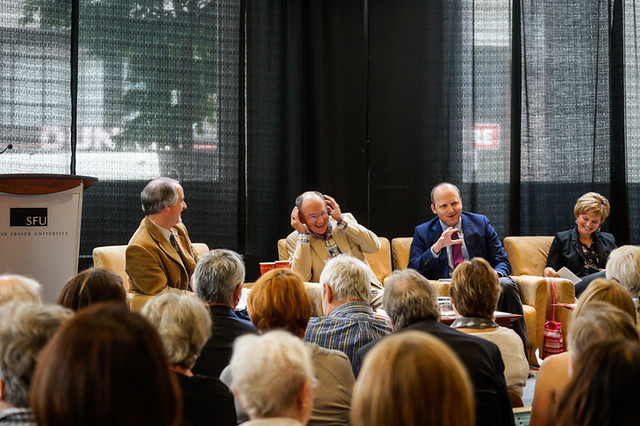I posted a brief Twitter essay tonight on five things to watch for when reading up on election polls. Admittedly, I viewed the work of an unnamed pollster which inspired my essay.
1/ Beware! Here are 5 things to watch for in #elxn42 polls. #1 There is no margin of error for online surveys. They’re not random.
2/ How much are they weighting 18-34 age group and other demos? Without weighted and unweighted numbers, can’t tell.
3/Are they showing the n values for regional breaks? Media are reporting based on some very small sample sizes. #elxn42
4/ In diverse areas like #YVR and Toronto, are they representing Chinese and other significant populations? #elxn42
5/Are they showing the results from all questions? Eg. If xtab shows how people voted in 2011, show that topline. #elxn42
My comments led me into an interesting dialogue with Poli Sci Professor Peter Loewen (University of Toronto). We mostly agreed but he fairly points out that online surveys are not as perilous as my tweet suggests while landline telephone surveys have similar challenges. True enough, but we violently agree on more transparency and openness from pollsters. (See my Twitter timeline – @bcmikemcd – for this riveting debate but please don’t admit that you did to any friends or family).
Media are hooked on free polls by any pollster who has put together a website. In some cases, the polls are clearly motivated by a political interest and in virtually all cases, the company is looking for a cost-effective way to promote their business. All I’m saying is that if you are going to use the free polls, put more scrutiny on the product. The embarrassments are piling up like cordwood heading into a Yukon winter.
What I do like about the embarrassments though is that voters are still in charge, and they know it.
